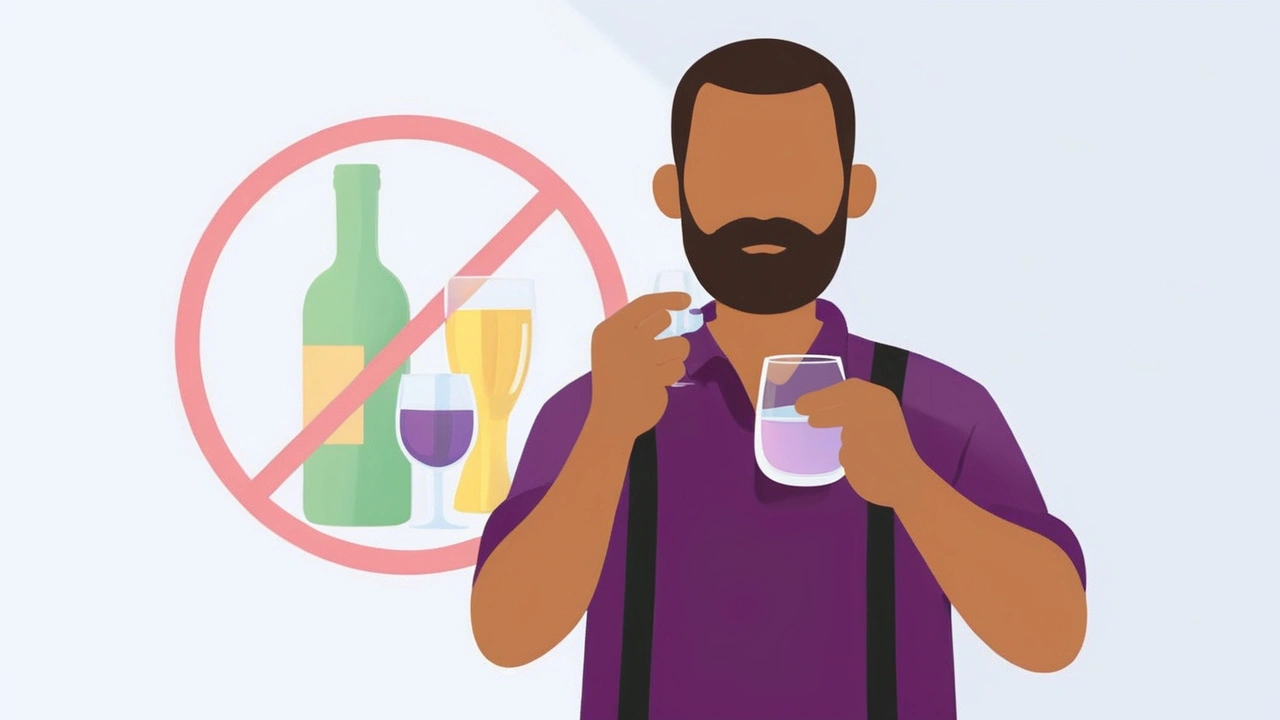Antibiotics fight bacterial infections by targeting cell walls, protein production, DNA, or membranes. Learn the main classes - penicillins, macrolides, fluoroquinolones, and more - how they work, their side effects, and why resistance is growing.
Antibiotics: Guides, Safety, and Smart Buying
Antibiotics can save lives — but using them wrong helps bacteria become resistant. This tag collects practical articles about common antibiotics, how to buy them safely online, and how to use them the right way. You'll find plain-language guides on drugs like Zithromax, Ceftin, and alternatives to metronidazole, plus tips on prescriptions, side effects, and prices.
Knowing when an antibiotic is needed matters. Viral infections like colds and most sore throats don't respond to antibiotics. If your doctor suspects a bacterial infection, they’ll pick a drug based on the likely bug, the site of infection, and your allergies. Short, targeted treatment works better than broad, long courses for many conditions.
Safe buying and checking online pharmacies
Shopping for antibiotics online is common, but risks are real. Check for a visible pharmacy license, a working contact number, and clear prescription rules. Avoid sites that sell prescription-only drugs without asking for a valid prescription. Compare prices, read customer feedback, and prefer pharmacies that ship from reputable countries with medicine regulations you trust.
When price looks too good, question quality. Fake or expired antibiotics can fail and harm you. If you buy online, inspect packaging on arrival: broken seals, odd smells, or poor labeling are red flags. If unsure, ask your local pharmacist to verify the product.
Using antibiotics safely at home
Follow dosing instructions exactly. Some antibiotics need food, others require an empty stomach. Finish the full course unless your doctor says stop — stopping early can let bacteria survive and become resistant. Keep a list of side effects and interactions; antibiotics like macrolides and fluoroquinolones can interact with heart medicines, antacids, and certain supplements.
Watch for common side effects: nausea, diarrhea, and yeast infections. Serious reactions — high fever, difficulty breathing, severe rash — need immediate medical care. For children and older adults, dosing and monitoring differ, so get clear guidance from a clinician or pharmacist.
Prevent resistance with good habits: don't share antibiotics, don't save leftover pills for later, and use narrow-spectrum drugs when appropriate. Vaccination, handwashing, and safe food handling reduce infections and the need for antibiotics.
On this tag you'll find articles on buying specific drugs like Zithromax and Ceftin, guides to alternatives for drugs such as Flagyl, and pieces that explain drug actions and monitoring. Use these resources to ask smarter questions at the doctor visit, spot sketchy online pharmacies, and manage courses safely at home.
Storage and leftovers: store antibiotics in a cool dry place unless the label says refrigerate. Never flush medicines — return them to a pharmacy take-back program. Pregnant or breastfeeding? Tell your doctor; some antibiotics are safe, others aren't. If you have kidney or liver disease, dose changes may be needed. Keep an up-to-date medicine list and bring it to every appointment so prescribers can avoid harmful interactions.
Ask questions if anything feels unclear today.
This article examines why it is crucial to avoid alcohol consumption while taking antibiotics. It highlights expert advice from health professionals on the potential risks, adverse effects, and specific antibiotics that can cause severe reactions when combined with alcohol. Understanding these interactions is essential for a smooth and effective recovery process.


